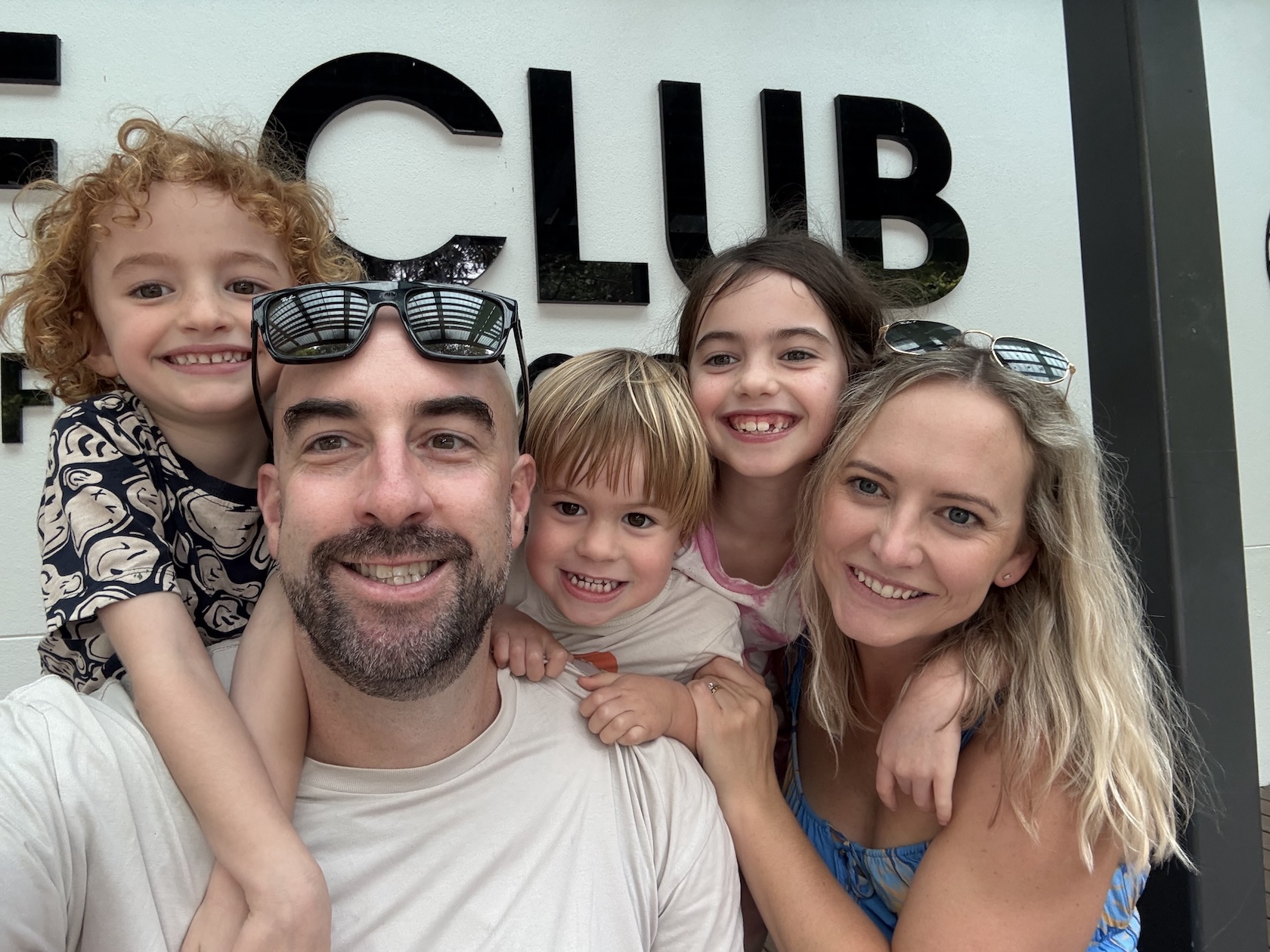Unlocking future potential
A modern, friendly approach to HR consulting
People & Culture are your go-to for dependable HR support tailored to your business. As our name suggests, we believe in the importance of getting your people and culture humming.





Our Approach
Simplifying HR consulting
We give your business clarity, unblock people challenges, create transparent human resource processes and give you the confidence to move forward.
Establish
We review your current HR set-up and put in place the HR fundamentals.
Scale
We implement and embed new proccesses to get things humming.
Develop
We assist you to nurture, develop & grow your internal team to support your business objectives.
Ongoing Support
We will continue to support your team, either as your in-house HR Manager or as and when needed.
Services
Your partner in all aspects of the employee experience
Why choose People & Culture
At People & Culture, we’re not your typical HR agency. We believe in a human-centred approach that unlocks the true potential of your people and business. By creating an environment where employees feel heard, supported, and engaged, we help you achieve more than just business goals - we help you build a thriving workplace.
As one of the most trusted HR consulting services in Auckland, our tailored solutions are designed to enhance your workplace culture, streamline processes, and optimise performance, ensuring your business is not only set up for success but also a place where people want to work and grow.

FAQs
Answers to common questions about HR consulting and how it works.
What does an HR consultant do?
An HR consultant provides expert advice and solutions to businesses on various aspects of human resources. Their role can include developing HR strategies, improving workplace culture, implementing policies and procedures, managing employee relations, and ensuring compliance with employment laws. They work closely with companies to address specific challenges, streamline HR processes, and align HR practices with business objectives.
What is the scope of HR consulting?
The scope of HR consulting is broad and can vary depending on the needs of the business. It typically includes services such as talent acquisition, employee training and development, performance management, compensation and benefits, compliance with labour laws, organisational development, and employee engagement. HR consultants can also assist with change management, succession planning, and improving overall workplace culture. Their goal is to enhance the effectiveness of HR functions within an organisation.
What is the difference between an HR manager and an HR consultant?
An HR manager is an internal employee responsible for managing the day-to-day HR functions within a company, such as recruitment, employee relations, performance management, and policy implementation. They are focused on maintaining and improving the HR practices of their specific organisation.
On the other hand, an HR consultant is typically an external expert who provides specialised advice and solutions to multiple organisations. They are hired to address specific HR challenges, implement new strategies, or improve existing HR processes. While an HR manager is involved in ongoing HR operations, an HR consultant is often brought in for short-term projects or to provide a fresh perspective on HR issues.
Is HR consulting profitable for your business?
HR consulting is a profitable venture due to several factors. The growing recognition of the importance of effective HR practices has led to a high demand for expert guidance. Consultants can offer specialised expertise to address complex HR challenges, often resulting in tangible benefits such as increased productivity and reduced turnover. This ability to demonstrate measurable results justifies higher fees. Moreover, the scalable nature of consulting allows professionals to serve multiple clients without significantly increasing overhead costs.
What is the concept of People and Culture?
The concept of "People and Culture" is an evolved approach to Human Resources that places a strong emphasis on the holistic well-being, engagement, and development of employees within an organisation. Instead of merely focusing on traditional HR tasks such as recruitment, payroll, and compliance, People and Culture departments are dedicated to fostering a positive and inclusive workplace environment.
This approach recognises that an organisation's success is deeply intertwined with the satisfaction and growth of its people. By nurturing a culture that values diversity, collaboration, and personal development, businesses can create a thriving workforce where employees feel valued, motivated, and aligned with the company’s values and goals.
Why is HR now called People and Culture?
The shift from "Human Resources" to "People and Culture" reflects a broader change in how organisations view their employees. The term "Human Resources" often implied a transactional relationship, focusing on employees as assets or resources to be managed. However, as businesses increasingly recognise the importance of employee engagement, well-being, and company culture in driving success, the terminology has evolved to better reflect these priorities.
"People and Culture" underscores the idea that employees are not just resources but individuals with unique needs, aspirations, and contributions. This change signifies a commitment to creating a supportive environment where people can thrive, and where the organisational culture is seen as a key factor in attracting, retaining, and nurturing talent.
Trusted by Businesses Like Yours








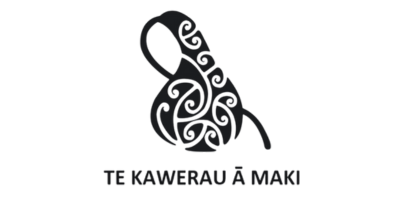
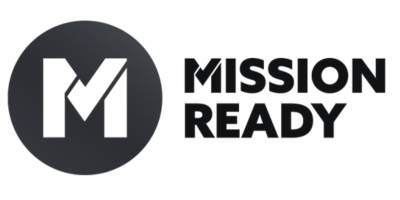
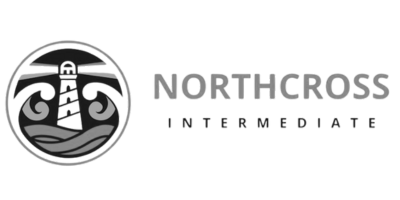
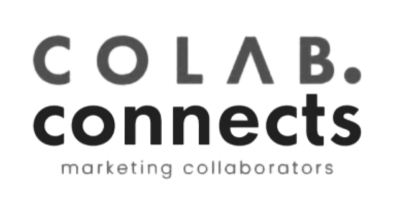
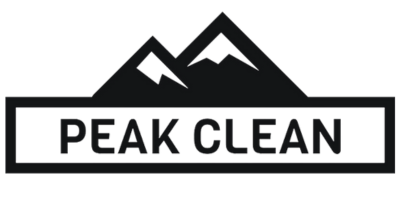
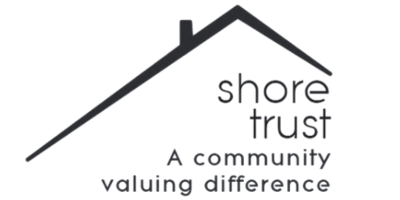
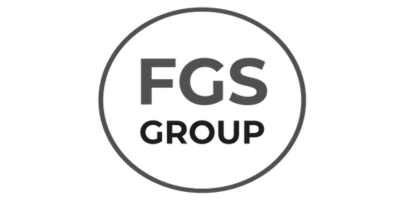
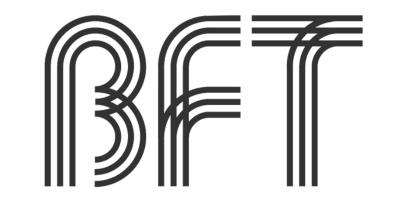
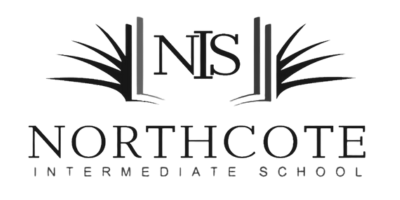
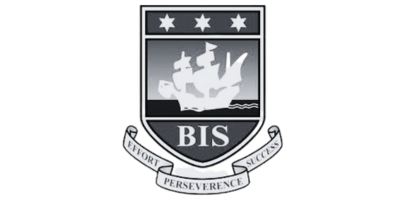

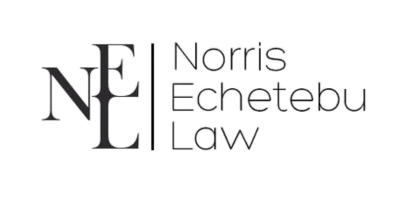
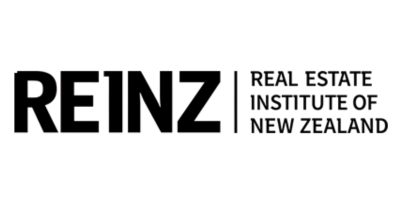
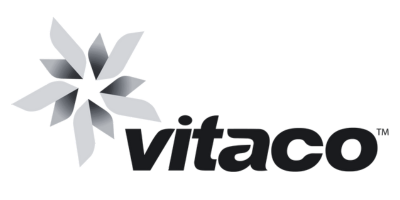







.png)















.png)


.jpg)

.jpg)
.jpg)







